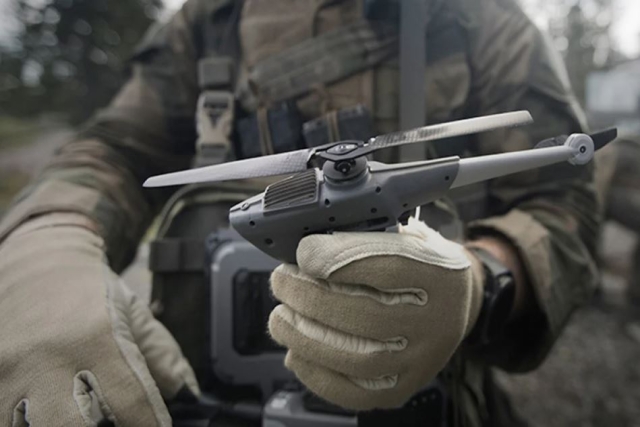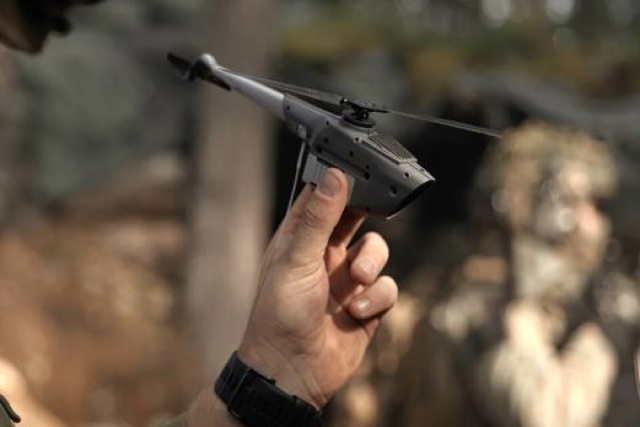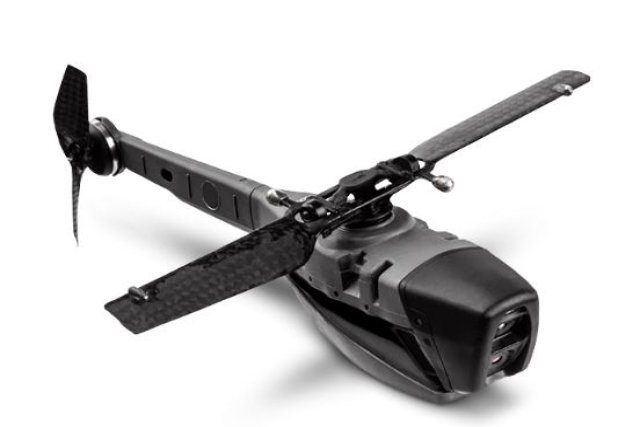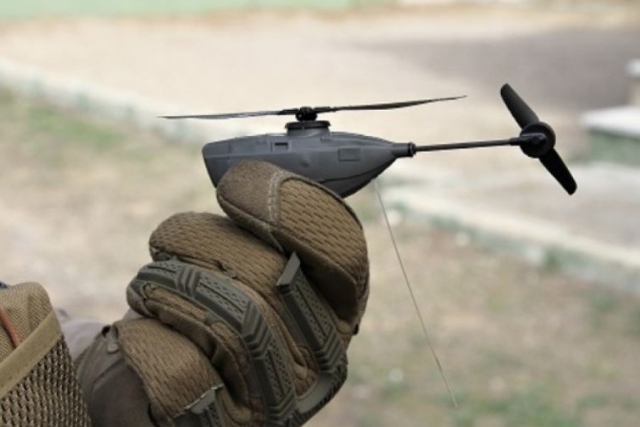Teledyne FLIR's Black Hornet 4 UAV Gets Range, Weather & Control Upgrades
New enhancements extend range, boost durability, and improve control systems for frontline surveillance missions
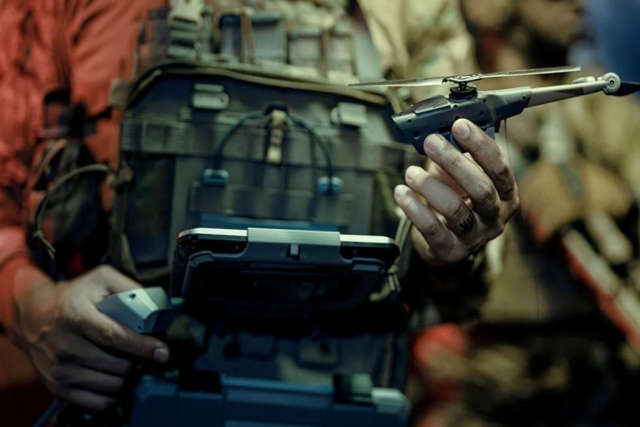
Teledyne FLIR Defense has announced multiple upgrades to its Black Hornet 4 Personal Reconnaissance System, aimed at improving performance, reliability, and usability for troops operating in demanding environments.
The enhancements are being presented at the Special Operations Forces (SOF) Week conference held at the Tampa Convention Center from May 6 to May 8.
Developed over the past year, the updates include a 50% increase in radio communications range, now reaching up to three kilometers in optimal conditions. The new Android-based tablet used as the ground control station has double the battery life, a battery heater for cold weather charging, and improved ergonomics for gloved operation.
“We’ve listened to feedback from operators at the tactical edge and incorporated their needs into these latest capabilities and features,” said Ketil Vanebo, vice president of Unmanned Systems-Norway at Teledyne FLIR Defense.
The Black Hornet 4 nano-UAV is designed to deliver covert situational awareness to small units. At just 70 grams, it can fly for over 30 minutes, reach more than three kilometers, and withstand 25-knot winds and rain. The drone is now IP-52 rated, able to handle up to 7.6 mm of rain per hour during flight, while the ground control station holds an IP-54 rating for weather resistance.
Equipped with a 12-megapixel visible camera, high-resolution thermal imager, and obstacle avoidance, the drone delivers both video and still imagery in real-time. Its low visual and acoustic signature makes it suitable for day or night missions without detection. It can also be deployed in less than 20 seconds and operate effectively in GPS-denied environments.
Since its introduction, more than 33,000 Black Hornet units have been delivered to military and security forces in over 45 countries. The U.S. Army adopted the Black Hornet in 2018 for its Soldier Borne Sensor (SBS) program, with total orders exceeding $300 million.
